Rob Norman on democratising a market faced with Google-Facebook duopoly
The dominance of Google and Facebook in online advertising globally was discussed at length by Rob Norman, Chief Digital Officer, GroupM, in a keynote fireside chat with Shilpa Kannan, Business Correspondent, BBC News, at the two-day ad:tech conference in Gurugram on March 9 and 10, 2017. Norman explored the Google/ Facebook duopoly, what their dominance meant, whether it is good for advertising, technology, publishing and society, as well as the challengers to that.
“It is something that’s a lesson to everyone,” noted Norman. “Facebook and Google have created services with fabulous consumer utility, and they have done it with the minimum use of bandwidth and zero cost to the consumer. As a result, they have achieved massive network of fans. With the user agreements working as it is, they have an enormous amount of consumer data and when you apply that value, the attraction of advertisers becomes enormous speculating something with achievers value, like I said, generally is a good idea.”
Meanwhile, Kannan felt that dominance and that much data and power in the hands of a few looked scary. She mulled over the implications.
Norman added here, “Today, China and India are two of the world’s most populous countries, but if you look at the number of daily users on Facebook, it is more than the population of even these countries. While Google is operating seven platforms with a billion or more users today, Facebook is operating three platforms with a billion more users. One of my favourites is that if we take the members of Amazon Prime and you reorganise them as an economic block, then it would be the third biggest economic block after the US and China.”
According to Norman, it was an interesting situation, where co-operation is in some ways becoming more influential and powerful than even the nation, but at the same time, it was a troubling one, too, for some people in terms of content and the information ecosystem. There are many who believe that the revenue balance between Google, Facebook, Twitter and themselves is out of stack and there is a tipping point to all of this. Because those platforms are in turn oxygenated by content and real world reporting and when one stops that oxygen, then the problem starts circling back to the platforms.
“Amazon is a trusted product with trusted pricing and logistics delivery. As a consequence people here are committed Amazon users and more committed members of Prime. Yes, there were product searches on Google to compare the prices, which does not happen today. And there are challenges, because some people say that for information related to travel, they would go to Expedia, or if it was something related to medical, they would go to medical healthcare. So, Google is finding new ways to monetise curiosity. Amazon and Netflix are becoming the biggest spenders on original content in the world. Amazon also rules the transaction data that they have and they have a lot of it in the markets where they operate. If they decide to take their Amazon media system and data and move them into the spaces that can’t be occupied, then it represents a threat. Google remains the outstanding science company in the world with what they are doing with their data signals, creating more and more data about behaviour patterns and data in a way that it creates value to advertisers,” observed Norman.
While stating that he is a big fan of Pinterest, Norman added that other than creating inspiration with its amazing design, it also creates demands. “There is an argument which says that much of the action on Facebook and Google is really capturing among the audiences generating new demands. The more data connections you can build, the higher is your ad system’s relevance,” he pointed out.
According to Norman, in some ways, Twitter is the best thing that has happened to television and vice versa. Twitter offers real-time interaction and engagement. And hence, gives real time insights for businesses. Things to watch and things to see get shared instantly through Twitter.
Speaking on the raging phenomenon of fake news, Norman noted that it is a big issue and added, “Open platforms which are uncurated will always carry a risk for advertisers”. Continuing further, he said, “Snapchat stories have more curation than any other platform and can be a new avenue for advertisers to look at.”
“Do we think that Facebook and Google are going to fall off anytime soon? No. But there is still opportunity,” noted the 30-year industry veteran. When asked whether he thought there would be a time when there won’t be a duopoly because more and more advertisers are looking for niche markets, Norman replied, “If you are a niche marketer, Facebook and Google are fantastic for you. They enable segmentation of audiences, behaviours and geographies that is actually greater than anybody else’s. They are enormously powerful in that regard. On the other hand, if what you are looking for is relationship between consumers and media, then I think there is enormous opportunity outside the Google and Facebook world. If you want to take on Google and Facebook, don’t fight them on the grounds of either volume or granularity of data. You have to fight in a different way.”
What does this all mean for publishing? Is this the inflexion point for video? In markets like India, where content is data heavy, how accessible is that going to be?
Norman noted, “It is a very common narrative to describe how the world has shifted from heavy broadcast to desktop to mobile. With the world shifting to apps, a highly consolidated app ecosystem is emerging. The mobile phone is optimised for the app experience; the smartphone is the key to the development of video in a market like India, where content consumption is dependent on the availability of bandwidth and devices.” While referring to Reliance Jio’s free data offer, he said that when somebody starts to democratise a market such as India, where the consumption is relatively high, you see the market moving forward.





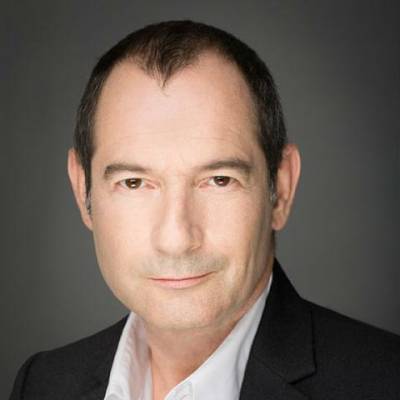
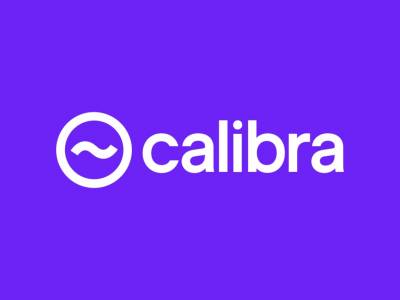
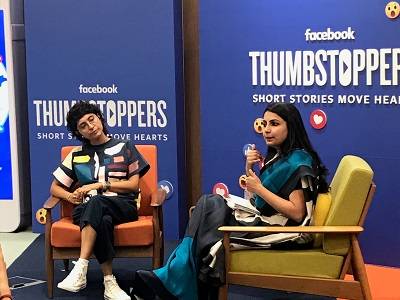

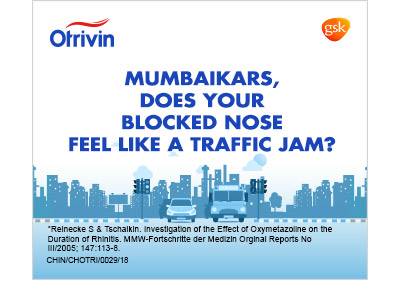
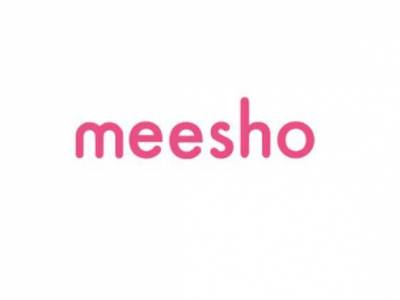

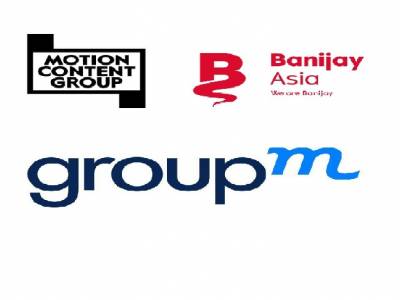

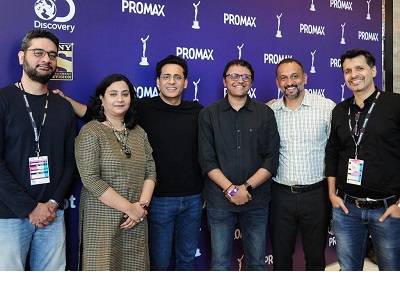

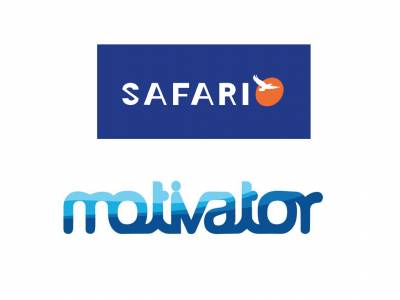
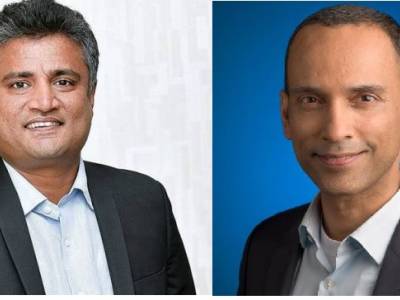
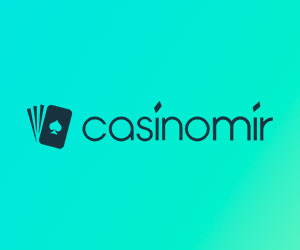

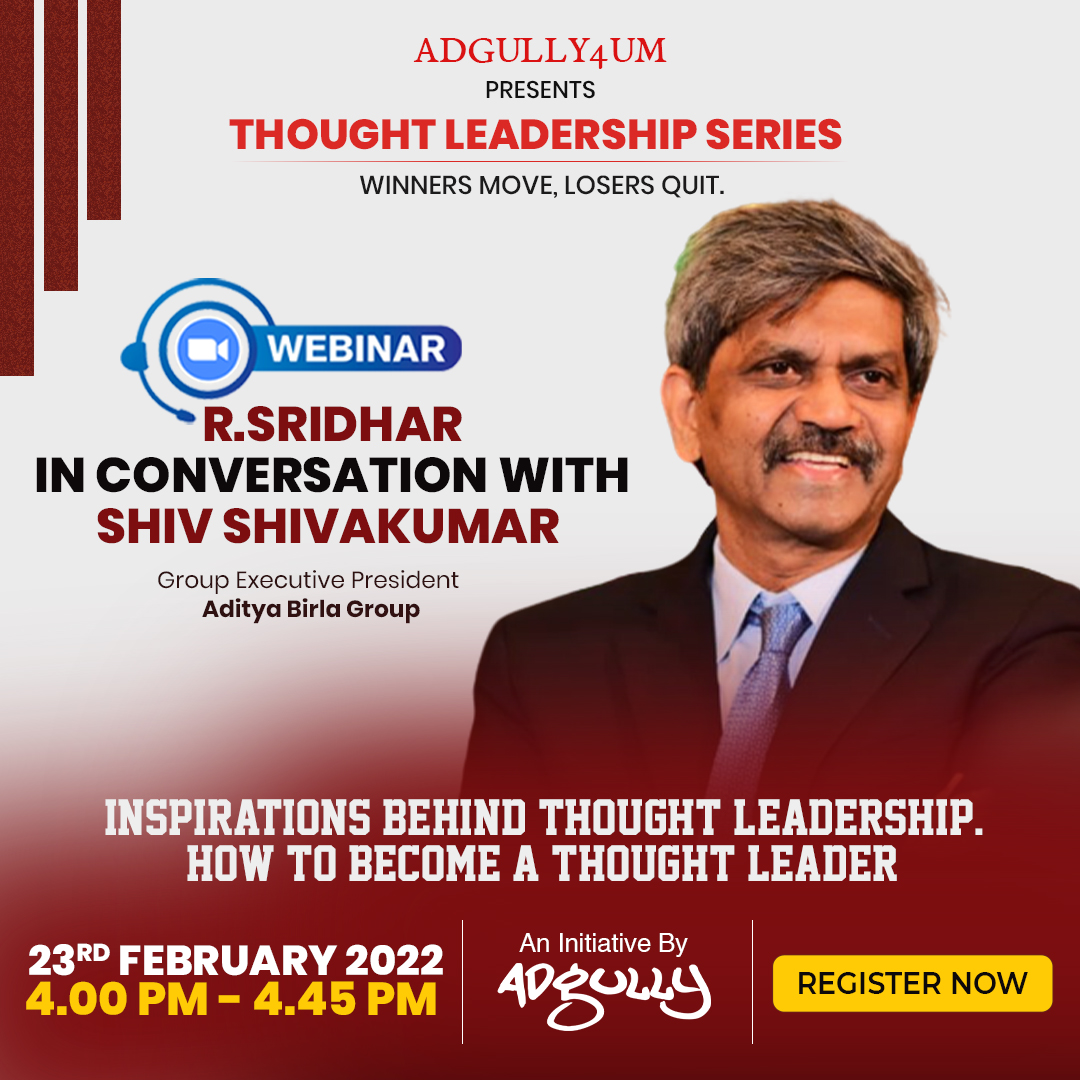
Share
Facebook
YouTube
Tweet
Twitter
LinkedIn